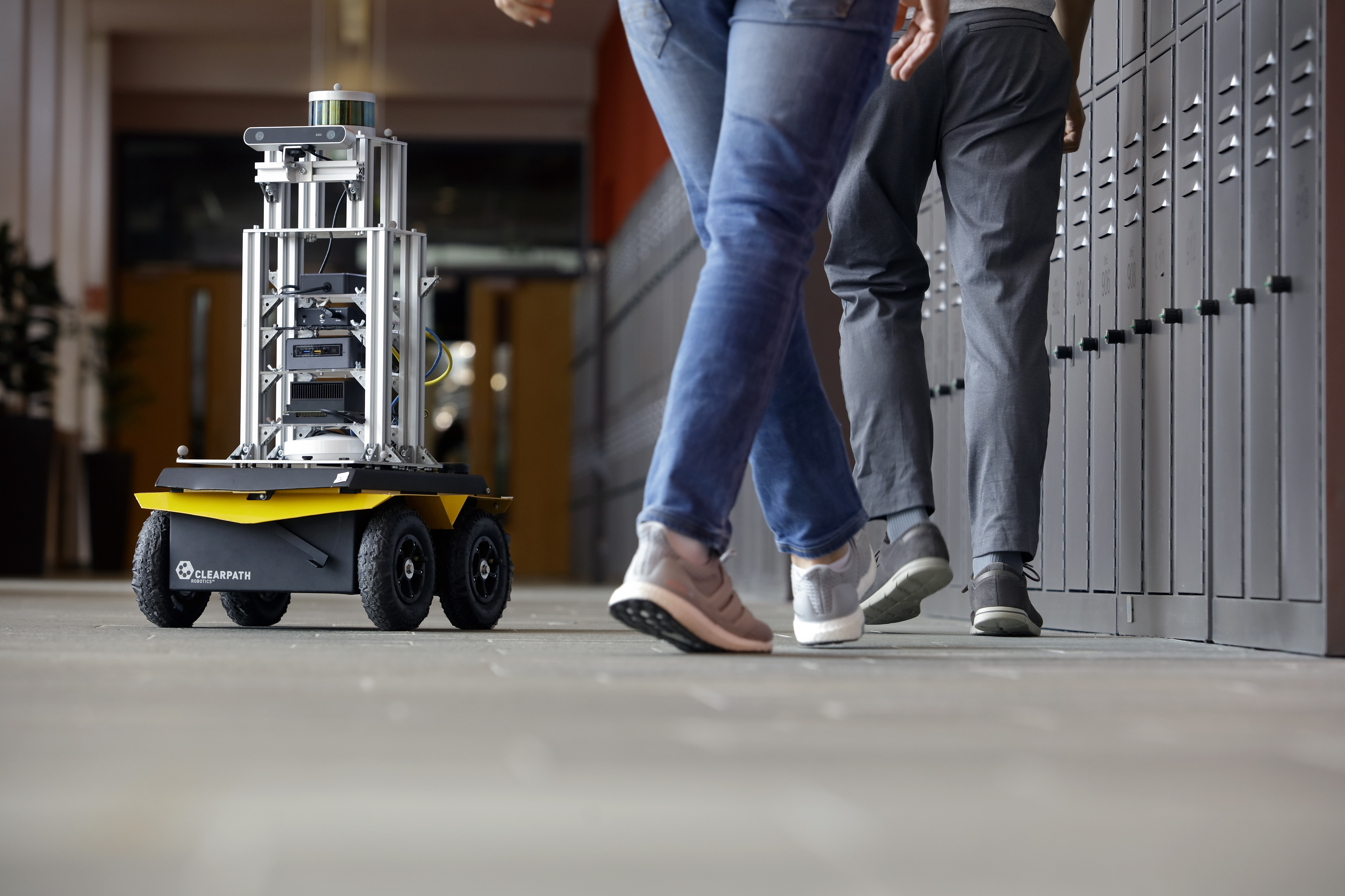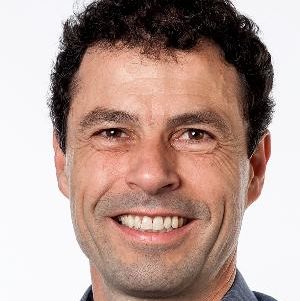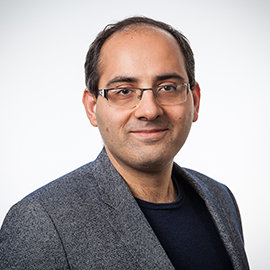3mE researchers partner in two NWA-ORC consortia
Researchers from TU Delft will work together in nine consortia with the entire knowledge chain and societal organisations, and conduct interdisciplinary research that will bring scientific and societal breakthroughs within reach. Faculty 3mE takes part in two consortia. Researchers Javier Alonso-Mora, professor Robert Babuska en Jens Kober of the department Cognitive Robotics (CoR) have been awarded for the research project ‘Brain and AI for safe navigation’. Professor Amir Zadpoor and researchers Lidy Fratila Apachitei and Julian Apachitei are partners in the consortium DARTBAC (Dutch Antimicrobial Resistance Technology development and Biofilm Assessment Consortium). This interdisciplinary consortium will spend the next 6 years researching new technological solutions to the explosively growing problem of antimicrobial resistance (AMR).
Brain and AI for safe navigation
Humans are good at predicting and responding to others’ behaviour, whereas machines are not. This is a major obstacle for integrating “smart” machines in our society. The consortium will chart out human behaviours and implement them as “neuroware” in AI systems, to safely guide smart, autonomous agents in society, following newly defined laws and regulations. Amount awarded: 3.5 million euros.
Javier Alonso-Mora: “Imagine a daily commute though one of our busy cities. As a human, you are aware of your environment and can manage to navigate safely despite the inherent uncertainty, even in extremely crowded areas. This level of reasoning is notoriously difficult for autonomous vehicles or robots. In this project we will collaborate with experts in brain and social research and we will develop behavior prediction models for automotive autonomous agents and methods for motion planning that account for the interaction with other agents and that allow them to take calculated risks. We look forward to the collaboration with CWI, 2getthere and all the partners of the consortia.”
DARTBAC: Dutch Antimicrobial Resistance Technology development and Biofilm Assessment Consortium
Emerging antimicrobial resistance (AMR) will make antibiotics much less effective in infection treatment and prevention. DARTBAC will develop new antimicrobial technologies that are not based on antibiotics to target this problem. Collectively, DARTBAC is bringing the entire knowledge chain together to develop new material technologies to combat AMR. Read more: https://nwa-dartbac.nl/about-amr/
Amir Zadpoor, professor Biomaterials & Tissue Biomechanics: “Antibiotic resistance has been worsening much faster than the pace of the development of new antibiotics. Super-bugs that are resistant to most (if not all) known antibiotics are already costing lives. Superbugs are also becoming quickly resistant to even the most recently developed antibiotics. We have to prepare for a doomsday scenario where antibiotics are not the silver bullet that there are today. In this project, we will develop alternative biomaterial-based solutions for killing bacteria that break the vicious cycle of antibiotic development-bacterial resistance, and could save many lives particularly in relation to implant-associated infections.”
Also read: TU Delft partner in nine NWA-ORC consortia






